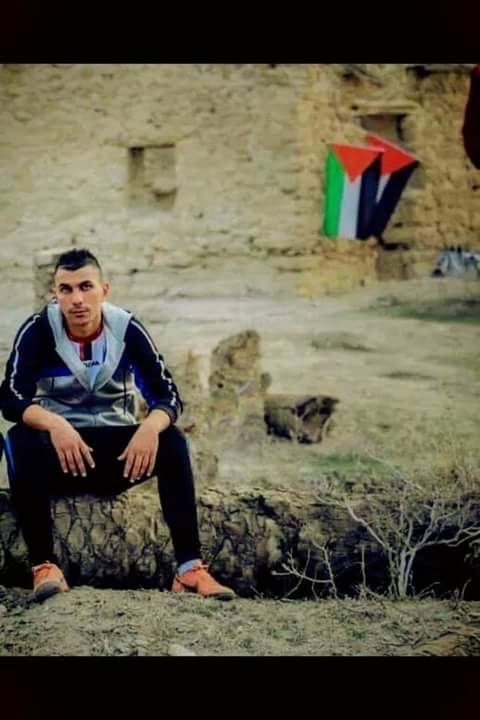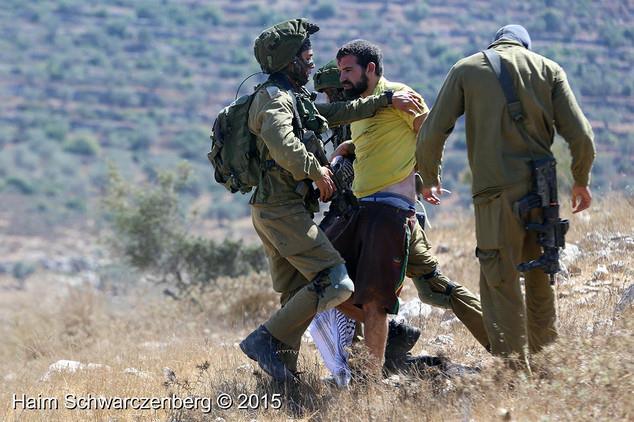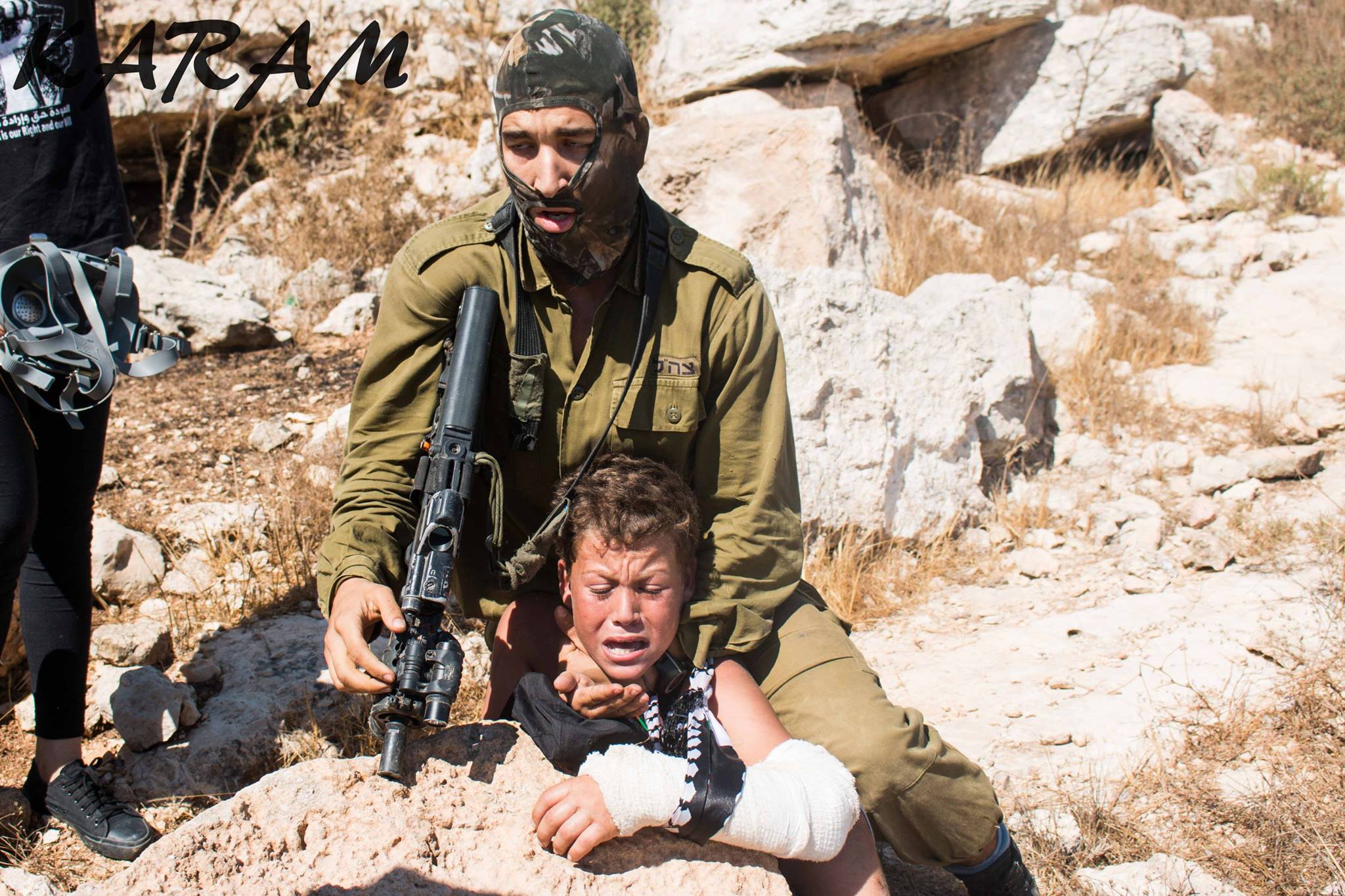Category: Press Releases
-
MAHMOUD NASSER IS FREE ! THANK YOU !
LAST UPDATE 30/09/2015 Thank you ! We have received the wonderful news that Mahmoud Nasser has been released from Ofer, the Israeli military occupation prison near Ramallah, yesterday night! Together with his family they celebrated his release on bail and we are all very grateful to all supporters and donators for their contribute!! Carry on…
-
Italian activist arrested and beaten up in occupied Palestine
31st August | International Solidarity Movement, al-Khalil Team | Hebron, occupied Palestine Update 31-08-2015 20:00: Vittorio Feras court this morning again did not take any final decisions. It was ruled to release him on a 3000 shekel bill under the condition that he stay in Jerusalem and not leave the country until yet another court date on…
-
Two people violently arrested at peaceful demonstration in Nabi Saleh
28th August | International Solidarity Movement, al-Khalil | Hebron, occupied Palestine UPDATE: A court just ruled to keep Vittorio Fera in prison until an actuall decision is taken on Monday. He was violently thrown to the ground and arrested by Israeli soldiers in Nabi Saleh yesterday. He is being accused of throwing stones and attacking…



